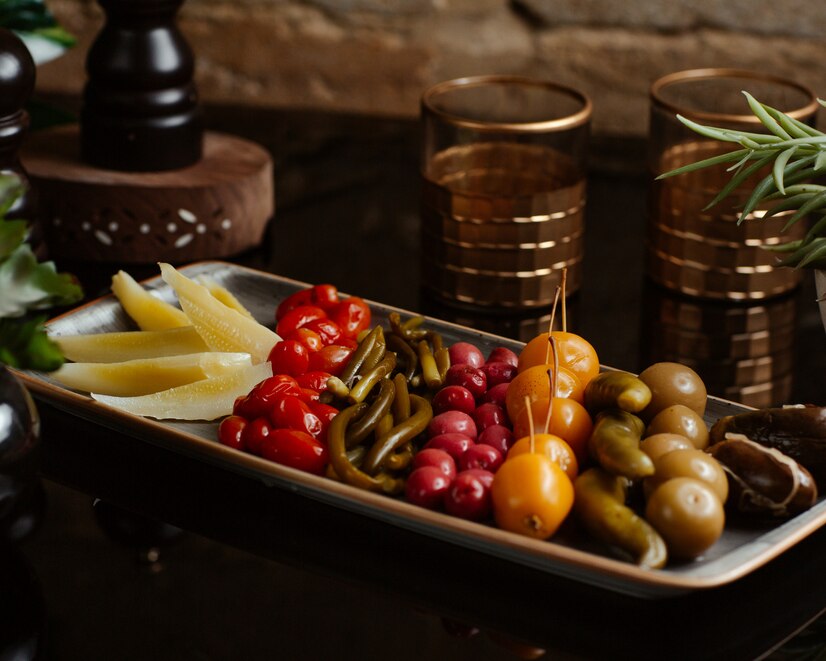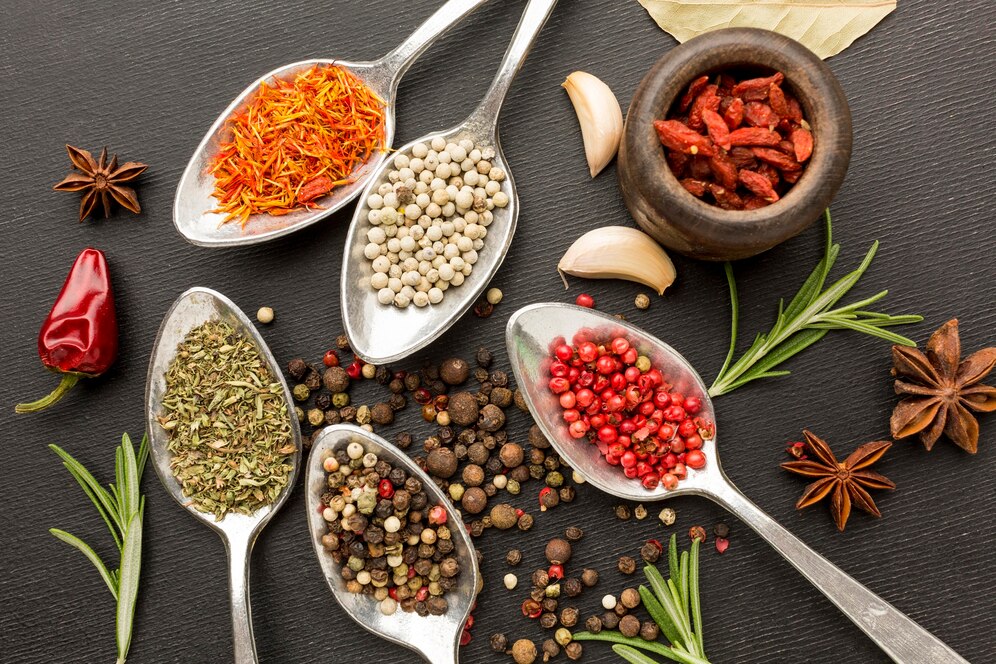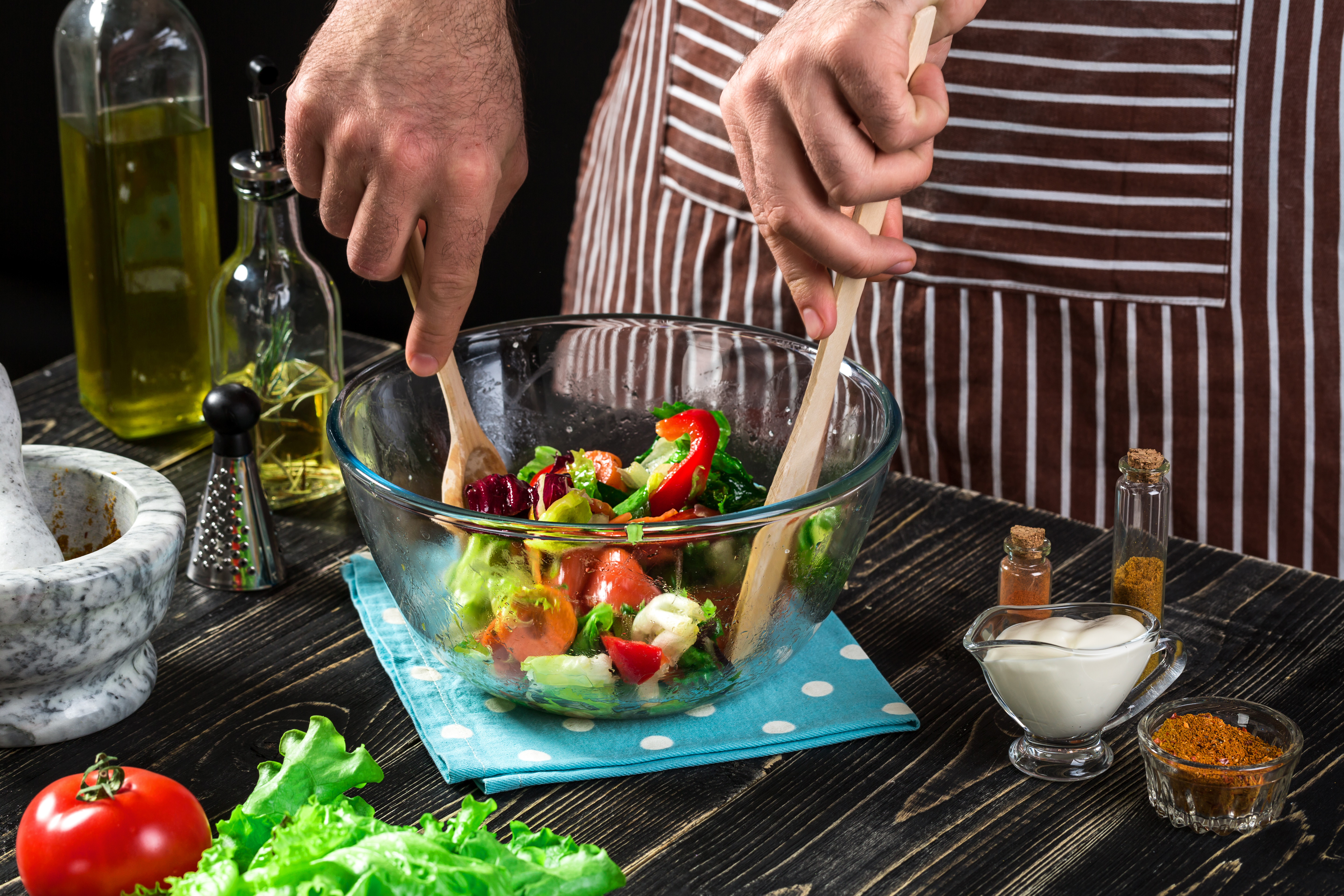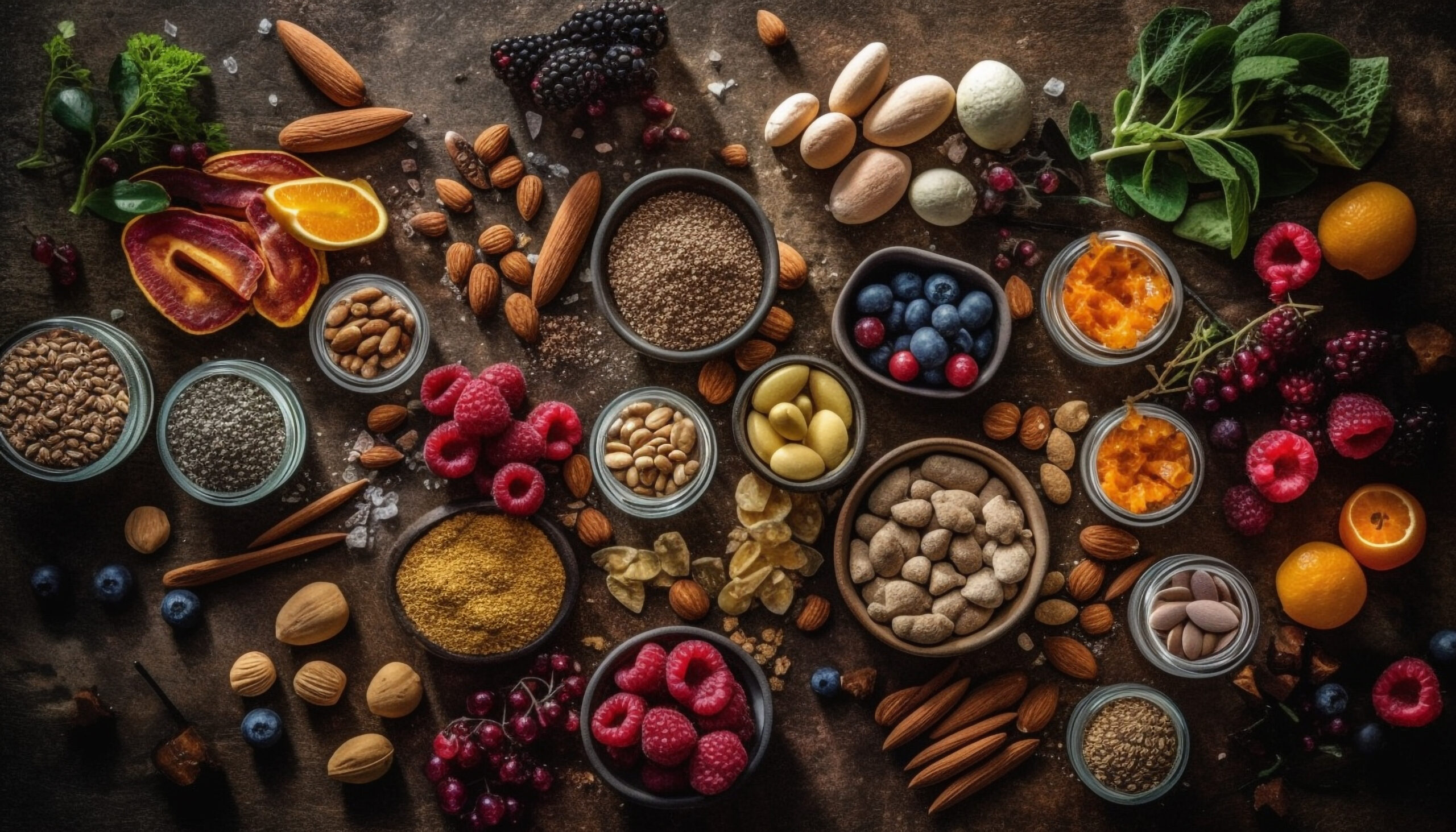
The Top 5 Mediterranean Superfoods You Need in Your Pantry

Hey foodies! Have you ever wonder why the Mediterranean diet has become such a hit? People around the globe celebrate it for its numerous health benefits, delicious flavors, and nutritious ingredients, making it more than a passing trend. Imagine having something taste great while simultaneously doing good for your body—that is the magic of Mediterranean superfoods.
So, what exactly are superfoods? Simply put, they are nutritional powerhouses designed to make an impactful statement about health and nutrition in general—both physically and nutritionally! Consider them superheroes of the food world who come to rescue, providing meals with incredible superpowers! Are you searching for ways to elevate your cooking game or add nutritious yet flavorful ingredients to your diet? Well, then, look no further than Mediterranean diet; your search ends here.
In this blog, we’ll explore five Mediterranean superfoods you should include in your pantry immediately. These versatile staples provide delicious nutritional support—meet your new pantry MVPs now!
Let’s get started!
Mediterranean Diet’s Liqiud Gold: Olive Oil
1. Rich in Healthy Fats
People often refer to olive oil as “liquid gold,” and for good reason. Olive oil, rich in heart-healthy monounsaturated such as omega 3s and 6s, helps to lower harmful cholesterol levels and also mitigate the risk of heart disease.
2. Antioxidant Powerhouse
Olive oil contains polyphenols, powerful antioxidants that protect cells from damage, act as anti-inflammatory agents, and lower the risk of chronic illnesses.
3. A versatile culinary ingredient
Olive oil has long been considered an indispensable staple in Mediterranean cuisine and makes an exceptional base for homemade dressings and drizzles. Its versatility is unmatched, ranging from adding depth of flavor to your salad or vegetables to sautéing them in it. Olive oil adds depth of taste that elevates any dish and is an integral component of Mediterranean culinary traditions.
Greek Yogurt: The Creamy Delight
1. High in protein
Greek yogurt is an incredible protein source. It is correctly prepared and strains out excess whey, resulting in a thicker texture and higher protein content than regular yogurt. Greek yogurt is an excellent way to build muscle or stay full for an extended period.
2. Probiotic-Rich
Greek yogurt’s probiotics can do wonders for your gut health, aiding digestion, strengthening immunity systems, and creating a beneficial gut-brain connection that supports mental well-being.
3. Culinary Uses
Greek yogurt is an excellent breakfast or dessert addition, from creamy smoothies to dip bases to a healthier baking substitute! There are countless uses for Greek yogurt, from breakfast to dessert and everything in between.
Chickpeas: The Plant-Based Protein Powerhouse
1. Nutrient-Dense
Chickpeas (garbanzo beans) are an incredible source of nutrition, packed with vital vitamins, minerals, and fiber for any diet.
2. Versatile in Recipes
Chickpeas can be used in various ways: as the main ingredient in hummus, added to salads for extra protein-packed nutrition, or added to stews as an additional source of nourishment. Their versatility alone makes them an essential part of every pantry!
3. Health Benefits
Chickpeas can help with both blood sugar control and weight management. Their low glycemic index helps keep levels stable, while their high fiber ingredients promote feelings of fullness, helping them manage weight more effectively.
Quinoa: The Ancient Grain
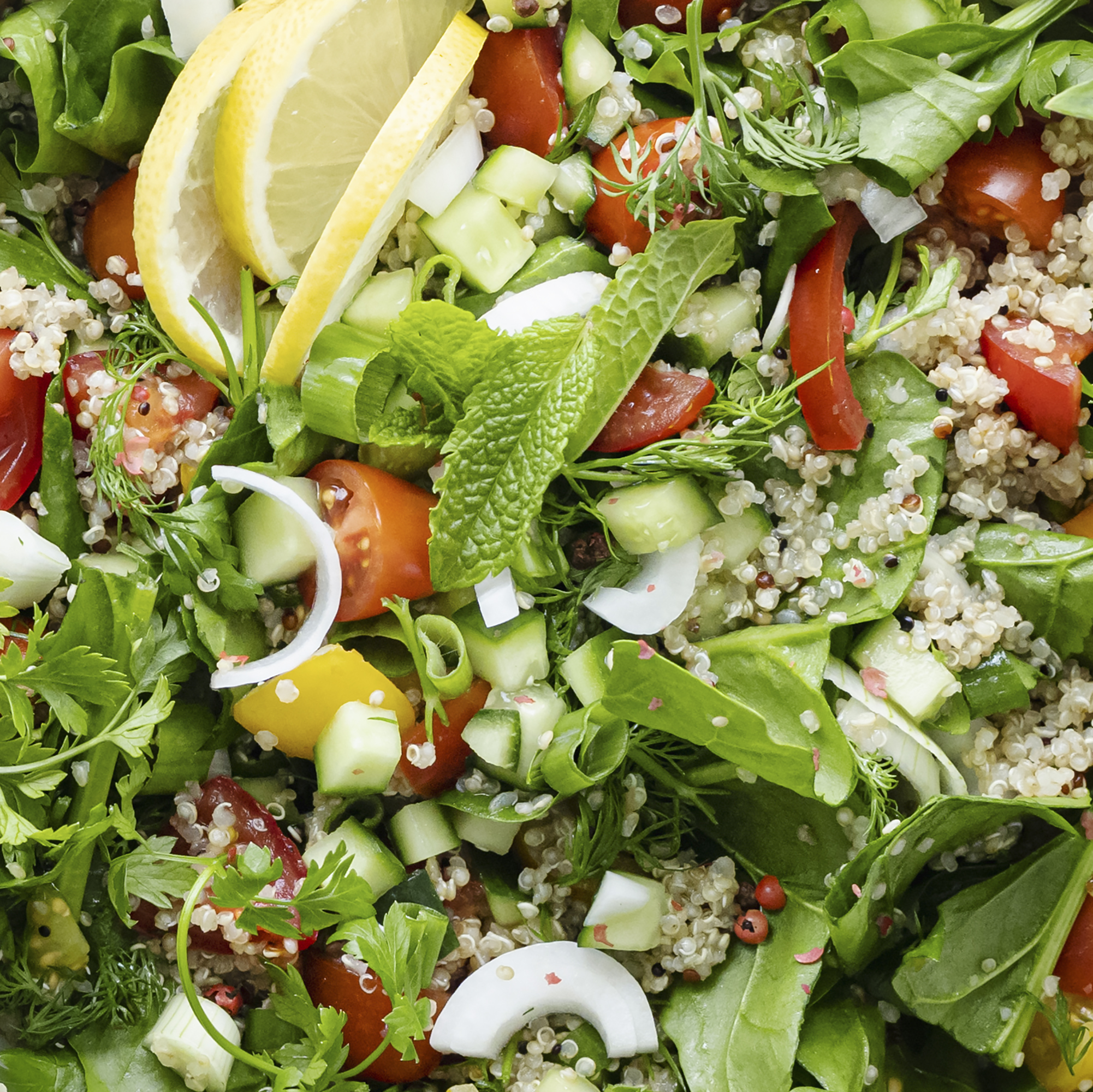
1. Complete Protein
People often refer to quinoa as a superfood due to its unique ability to contain all nine essential amino acids for complete protein nutrition, providing additional benefits for vegan and vegetarian diets.
2. Gluten-Free
Quina can be an ideal grain alternative for anyone with gluten sensitivities who wants a nutritious option without gluten. It is naturally gluten-free yet nutritionally satisfying enough for daily consumption.
3. Easy to Cook
Cooking quinoa is simple. This versatile grain is versatile in terms of uses; it takes only 15 minutes to prepare, making it ideal for salads, bowls, or serving as the foundation of main courses!
Nuts and Seeds: The Crunchy Snacks
1. Almonds
Almonds are an extremely nutritious food source, packed with vitamin E, magnesium, and healthy fats that support heart, skin, and blood sugar health.
2. Walnuts
Walnuts are known for their rich omega-3 fatty acid content. These healthy fats are integral to maintaining brain health, decreasing inflammation, and supporting cardiovascular wellness.
3. Chia Seeds
Chia seeds might seem small, but don’t let their diminutive size fool you; their fiber can aid digestion and keep you full for hours. Furthermore, they absorb liquid, expanding your stomach while providing essential hydration.
Conclusion
Integrating these top 5 Mediterranean superfoods into your pantry can significantly impact your overall health and well-being. Olive oil, Greek yogurt, chickpeas, quinoa, and various nuts and seeds provide nutrients, flavors, and versatility that will enhance your prepared meals. So why not give them a try and experience their many benefits for yourself?
FAQs
What makes Mediterranean superfoods unique?
Mediterranean superfoods stand out as unique sources of high nutrient density, delectable flavors, and versatility in cooking. They often provide essential fats, antioxidants, and minerals that promote overall well-being.
Can I substitute regular yogurt with Greek yogurt?
Greek yogurt offers a thicker texture and a higher protein content than regular yogurt, providing an alternative that provides both nutrition and satisfaction. Use Greek yogurt in its regular fashion as you would regular milk to satisfy nutritarians looking for delicious but filling breakfast options!
How do I incorporate more chickpeas into my diet?
Chickpeas are a source of protein and fiber. Whether in salads, soups, stews, hummus, or simply roasted as a crunchy snack, they offer endless culinary opportunities. Plus, they’re an incredibly versatile ingredient.
Are there any side effects of consuming too much olive oil?
Although olive oil is rich in healthy fats, it’s essential to carefully manage its caloric intake carefully, as excessive consumption could result in weight gain. Moderation is key. Overindulging can result in overeating calories, leading to weight gain.
What are some quick recipes using quinoa?
You can eat quinoa in salads, as a side dish, or even as the base of bowls. Add fresh vegetables with lemon vinaigrette dressing for an ideal combination, or create warm bowls layered with roasted vegetables and your preferred proteins for delicious results!



